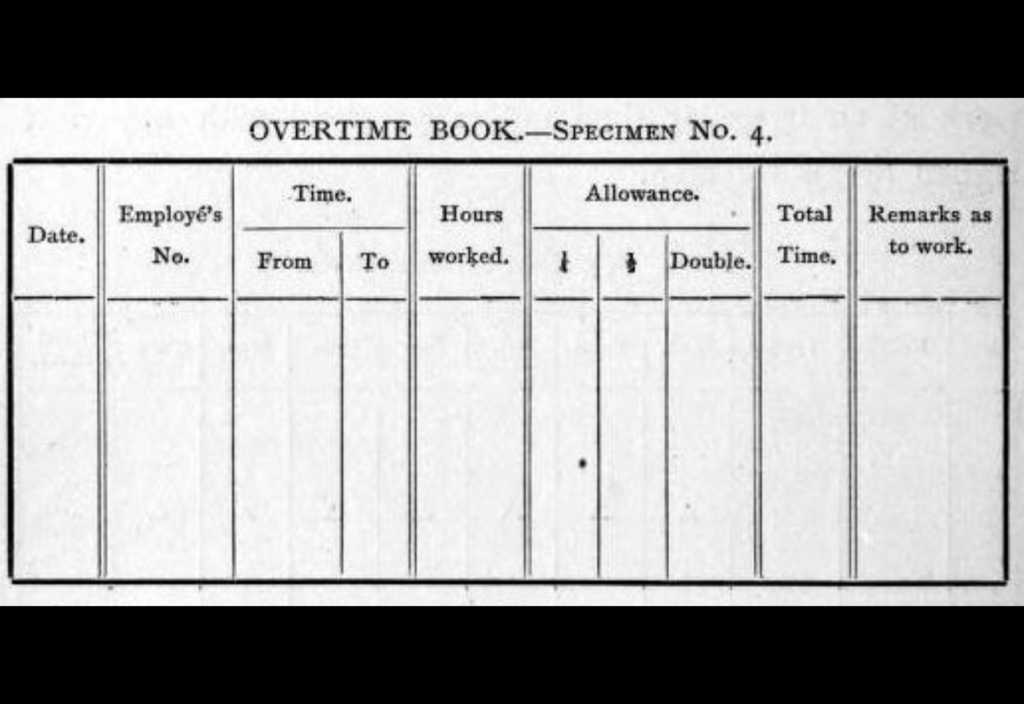Many companies operating in China expect their China-based employees to work overtime whenever needed to “get the job done.” Though imposing these sort of work hours can make sense in their home countries, this mindset is at odds with China’s laws. It gets even worse in China when the employer intends to discipline or termiante the employee for refusing to work what the employer views as mandatory overtime.
China’s laws on overtime are strict and inflexible. In most China provinces and cities, most employees can work only under the standard working hours system. This means they are limited to 8 hours of work per day, 40 hours per week, and anything beyond these hours is considered overtime under China’s labor laws. This means if you make an employee working under the standard working hours system work 9 hours on a workday, you must pay for such overtime, even if you are able to make arrangements so that the employee works only 31 hours the rest of the week. China also restricts how much overtime an employer can require. For instance, an employer cannot order an employee to work 5 additional hours on a workday. Also, the employees must either be compensated for the time worked or get comp time. The employer also must give the employee prior notice of the need to work overtime and get the employee’s consent to work overtime. Unless an exception applies.
What if an employee refuses to give consent and does not work overtime as directed? The PRC Labor Contract Law provides that employers cannot force an employee to work overtime unless an exception (I will get to this below) exists. But like just about everything else related to China employment law, the practice varies from place to place. Still, the majority view is that because employers cannot generally force their employees to work overtime, an employee in China who refuses to work overtime has not done anything wrong and therefore cannot be disciplined or terminated for that refusal. So a termination decision made solely on the basis of an employee refusing to work overtime will usually be unlawful and the employer will likely need to rehire the employee, and pay back wages and damages for the unlawful termination.
There are though a few exceptions to the general rule on China employers not being able to force their employees to work overtime:
- Emergencies, such as natural disasters, accidents or other reasons that threaten the working environment safety and the health of workers and others.
- Damages to public transportation and facilities, which affect normal production and public activities, and thus urgent repair is required.
- Other circumstances stipulated by law and regulations.
An employer may require its employees in China to work overtime during an emergency and in those limited circumstances it may also discipline the employee for failing to do so. However, if the employer does not have a well-crafted and China appropriate set of rules and regulations (aka an employer manual) already in place, any disciplinary action it takes will likely be deemed illegal because it will have had no legal basis for that action.
We sometimes hear from our clients that “overtime is common in China and employers do it all the time without getting caught,” but that has certainly not been true of foreign employers in the last few years. Our China employment lawyers deal with a steady stream of matters where foreign employers have gotten caught and punished by the Chinese government for not following China’s (or even local) overtime rules. Even more common though is the terminated employee (and plenty of those who left their employment completely voluntarily as well) who brings and prevails on a claim for overtime pay. Employees in China have no compunction about pursuing back wages for overtime after they leave their employment, and as we so often have written, the foreign employer virtually always loses on employee claims.
I cannot stress the following enough when it comes to having your employees work overtime in China:
- Overtime remains an often-litigated area, and it is important that your rules and regulations reflect all applicable legal requirements. At minimum, you must pay all overtime.
- If you don’t have a section in your rules and regulations or a separate document that communicates your company’s overtime policies and procedures, you need one right away. If you don’t have a Chinese language and China-centric set of rules and regulations, you will have difficulty disciplining or terminating a China employee for any reason, not just for refusing to work overtime.
- Think long and hard before you terminate an employee.

























